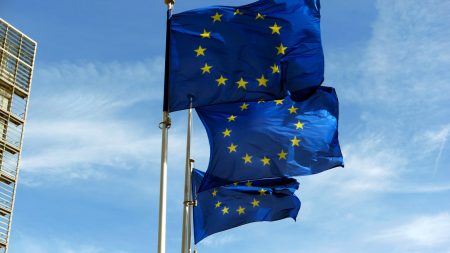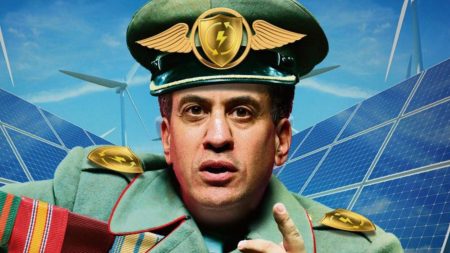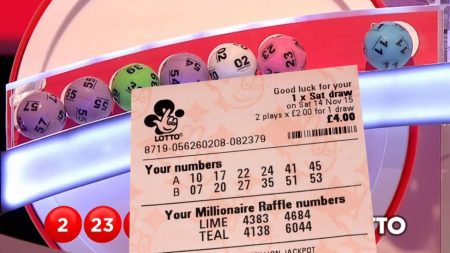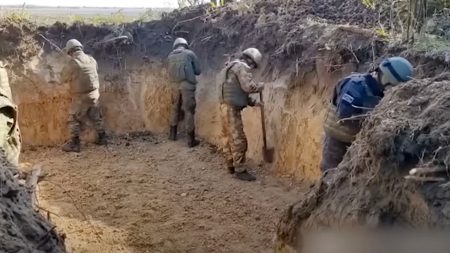The controversy surrounding Prince Andrew’s finances and his continued residence at the Royal Lodge has intensified, fueled by speculation about the source of funds that enabled him to remain in the sprawling estate. Reports initially suggested the Keeper of the Privy Purse deemed the source of Andrew’s funds legitimate, but questions remain, particularly if the funds originated from Chinese sources, as some speculate. This lack of transparency casts a shadow over the Duke of York, further damaging his already tarnished reputation. To quell the growing unease and restore some semblance of public trust, Prince Andrew should fully disclose the origins of his financial resources. His continued silence only serves to perpetuate rumors and speculation, further entrenching the perception of impropriety.
The Duke of York’s financial dealings have become a matter of intense public scrutiny, compounded by his past association with convicted sex offender Jeffrey Epstein and recent allegations involving a Chinese spy gaining access to royal residences. This latter claim raises serious concerns about national security and the potential compromise of sensitive information. Coupled with the Epstein scandal, which led to Andrew’s withdrawal from public life, these new allegations paint a picture of a man embroiled in questionable relationships and activities, further undermining public confidence in his judgment and integrity. Transparency regarding his financial affairs is now crucial not only for his personal rehabilitation but also for protecting the reputation of the monarchy itself.
The sheer size and opulence of the Royal Lodge, a 30-room mansion, has also become a point of contention. Given that his daughters, Princess Beatrice and Princess Eugenie, are married with their own families, the necessity of such a large residence for just Andrew and his ex-wife, Sarah Ferguson, seems extravagant and out of touch with the current economic climate. Downsizing to a more modest accommodation, such as Frogmore Cottage, Prince Harry’s former residence, would be a pragmatic and symbolic gesture, demonstrating a willingness to embrace a more financially responsible lifestyle. This move would not only alleviate some of the public’s concerns about his financial affairs but also align him with the more modest and relatable image the Royal Family has been striving to project.
The mystery surrounding the reported £3 million lifeline that allowed Andrew to remain at the Royal Lodge has only deepened the controversy. Without a clear and credible explanation of the source of these funds, suspicions of impropriety will continue to linger. The involvement of potentially questionable associates, especially in light of the allegations concerning the Chinese spy, raises further red flags. A thorough and transparent accounting of these financial transactions is essential to dispel any doubts about undue influence or conflicts of interest. The longer Andrew remains silent on this matter, the more damage he inflicts upon himself and the institution he represents.
It’s been suggested that King Charles might have bailed out his brother, but these claims have been vehemently denied. Regardless of the source, the lack of transparency surrounding Andrew’s finances further fuels public distrust and allows speculation to fester. A clear and unambiguous statement detailing the origin of the funds, coupled with a commitment to greater financial transparency in the future, would go a long way towards addressing these concerns. Furthermore, a move to a more reasonably sized residence would signal a willingness to embrace a more fiscally responsible lifestyle, further demonstrating a commitment to regaining public trust.
Ultimately, Prince Andrew’s continued residence at the Royal Lodge, shrouded in financial ambiguity and associated with potentially compromising relationships, serves as a constant reminder of past scandals and fuels ongoing speculation. By embracing transparency, downsizing his lifestyle, and distancing himself from questionable associates, Andrew can begin to rebuild his reputation and alleviate some of the burden he has placed on the monarchy. The longer he delays taking these necessary steps, the more entrenched the perception of impropriety will become, further jeopardizing his own future and potentially that of the institution he represents.











